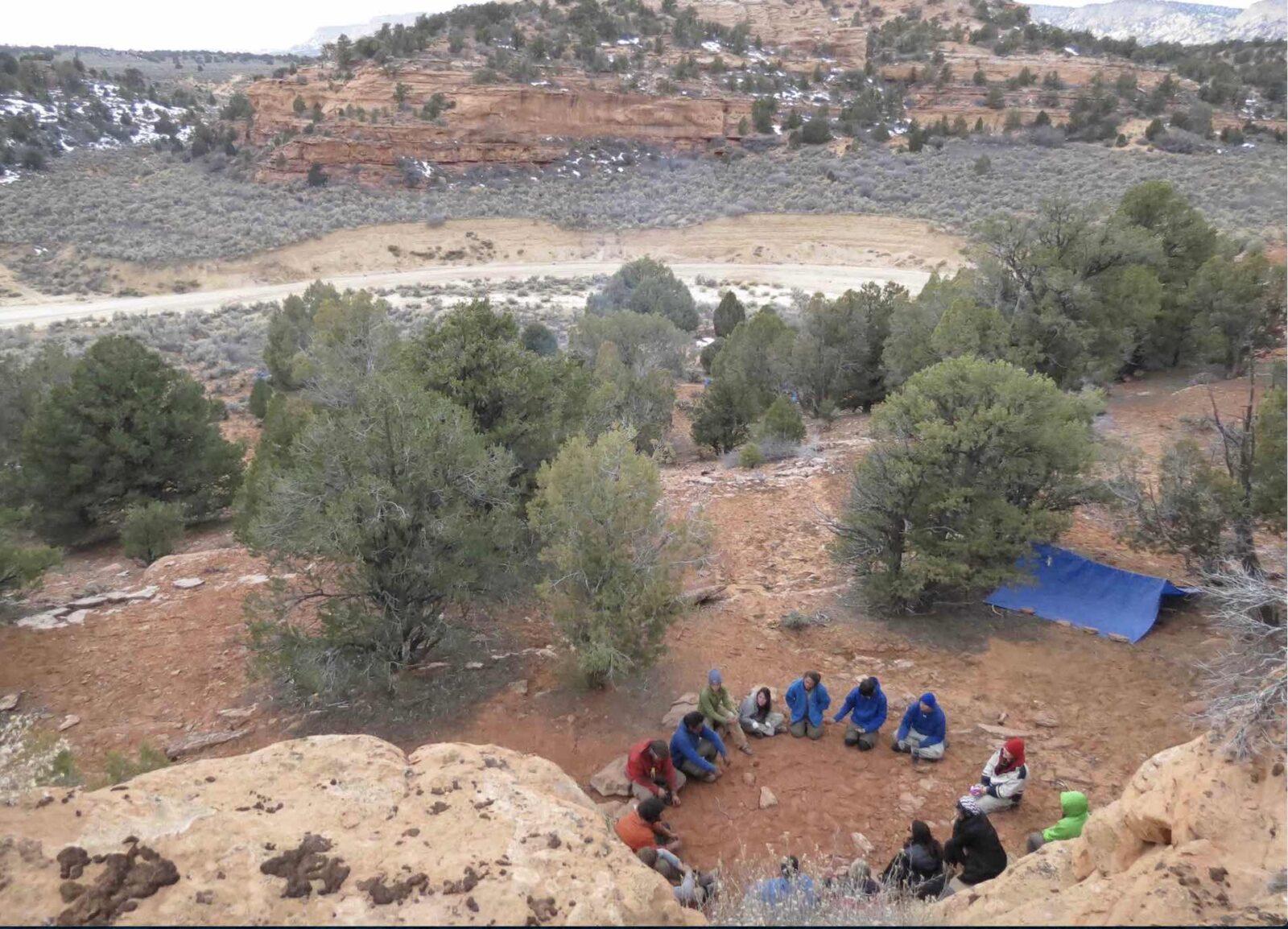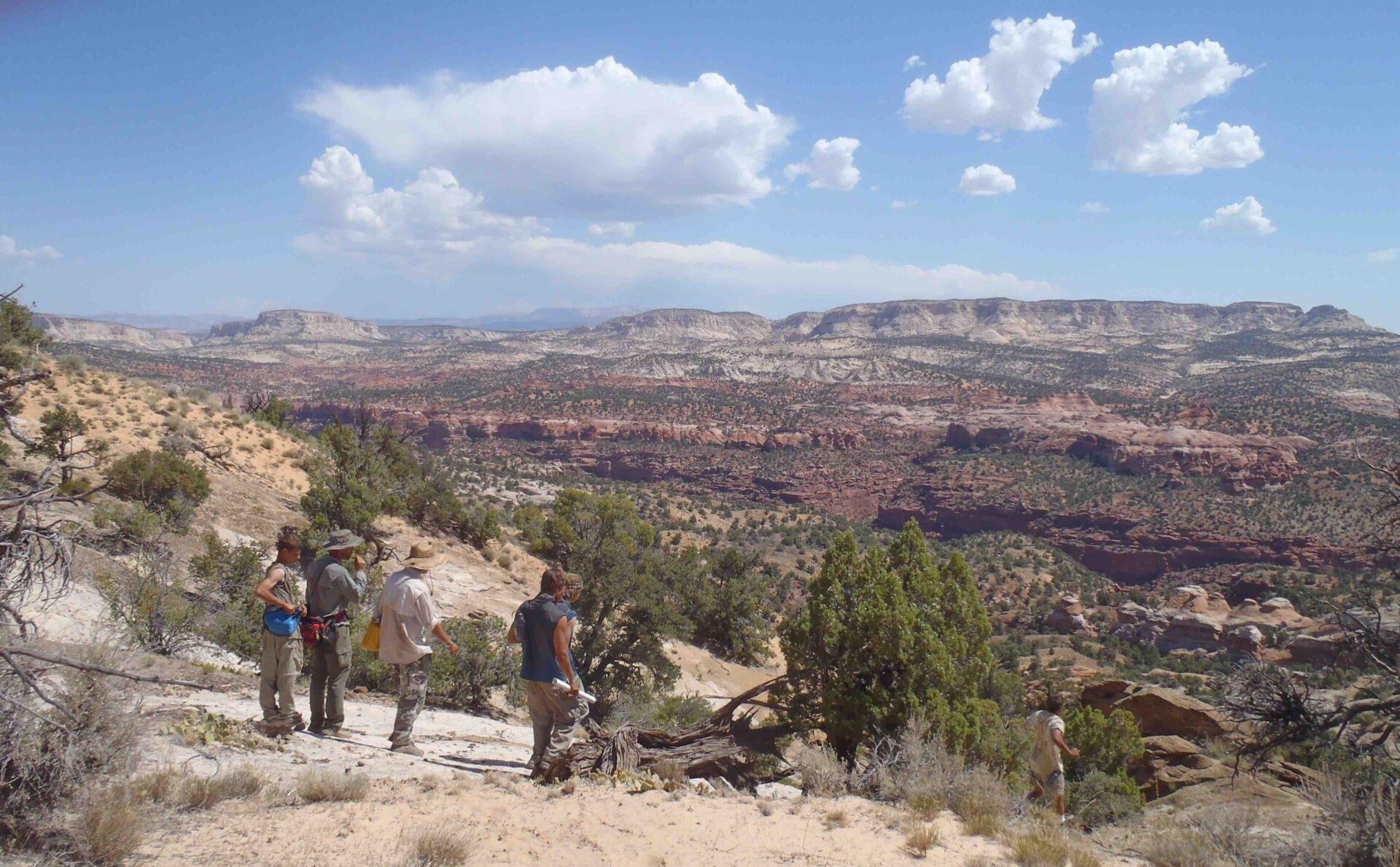Wingate Wilderness Therapy: News, Lawsuits & Alternatives - [Updated]
Is the allure of the wilderness truly a path to healing, or a perilous gamble for vulnerable youth? The closure of Wingate Wilderness Therapy, once a prominent player in the field, ignites a critical examination of the wilderness therapy industry, raising serious questions about accountability, ethics, and the well-being of those entrusted to its care.
Wingate Wilderness Therapy, situated in the dramatic landscapes of Southern Utah, specifically the Grand Staircase-Escalante National Monument, presented itself as a sanctuary for troubled teenagers and young adults. Since its founding in the late 1980s, it promised to harness the restorative power of nature to guide those struggling with behavioral issues, substance abuse, and other challenges back toward a path of growth and self-discovery. The program, marketed towards individuals aged 13 and up, aimed to provide a safe, nurturing, and supportive environment, offering a therapeutic model distinct from traditional talk therapy. However, the recent shuttering of Wingate and the controversies surrounding its practices raise a critical question: Did the promise of healing always align with the reality experienced by its clients?
| Category | Details |
|---|---|
| Program Name | Wingate Wilderness Therapy |
| Location | Southern Utah, Grand Staircase-Escalante National Monument |
| Target Demographics | Troubled teenagers (ages 13-17) and young adults (18+) |
| Therapeutic Approach | Wilderness Therapy (integrating nature with clinical expertise) |
| Closure Date | August (Reported), September (Dr. Will Wright - TTI Apologist) |
| Founder | M. (First name not specified) |
| Associated Entities | Family Help & Wellness (First program opened under) |
| Legal Issues |
|
| BBB Accreditation | Not accredited by the Better Business Bureau (BBB) |
| Alternative Programs | Wingate Expanse |
| Referrence | Google Search Results |
Wingate's operational model, which incorporated elements of wilderness therapy with clinical expertise, positioned it as one of the leading programs of its kind in the United States. The concept of wilderness therapy, which began gaining traction in the 1990s, promises healing through immersion in the natural world, claiming to offer solutions to challenges faced by struggling individuals. The program emphasized the value of outdoor experiences as part of the healing journey, incorporating the serenity and beauty of the environment into its therapeutic methods. Numerous programs across the nation, including Trails Carolina in North Carolina, have utilized this approach. They promise to give troubled teens the support they need.
- Helen Maroulis Olympic Wrestling Legend Updated News Bio
- Shay Rudolph Bio Movies Net Worth More Discover Now
However, the closure of Wingate, coupled with the lawsuits filed against the center, brings the effectiveness and ethical considerations of wilderness therapy into sharp focus. One former student, who attended the program in 2021, filed a lawsuit in 2022, alleging that he suffered from chronic dehydration during his stay and did not receive adequate medical attention. Another lawsuit was filed against the program and was closed in 2021. These legal battles are indicators of potentially problematic practices and shed light on the potential dangers of inadequate care within the programs, raising concerns about the standard of care offered.
The narratives of former participants paint a complex picture of the Wingate experience. One individual, recalling their experience at a program like Second Nature Wilderness, described observing a culture of sugar highs and other behavioral issues among fellow participants. These first-hand accounts offer valuable insights into the atmosphere within these programs. The experience of a 17-year-old, who fell 25 feet during a group hike and shattered his knee, and later sued for negligence, illustrates some of the physical risks involved. These accounts highlight the importance of thorough investigation and careful oversight within wilderness therapy.
Wingate Wilderness was marketed as a therapeutic program for troubled teenagers, offering a solution for issues such as behavioral disorders and substance abuse. The closure of Wingate, although not a complete solution to the problems plaguing the industry, serves as a vital step toward increased accountability and reform. Programs like Wingate Expanse are offering new types of therapy instead of the conventional approaches. While the exact reasons for Wingate's closure remain a subject of ongoing discussion, the ripple effects throughout the wilderness therapy industry are undeniable.
- Hannah Owo Gaming Tiktok Viral Moments Discover Now
- Mulan Hernandez Model Controversy Career Latest News Updates
The impact of Wingates closure extends beyond the program itself, triggering a deeper reflection on the entire industry. The discussions are taking place regarding the ethical considerations, regulatory oversight, and the necessity for increased transparency in the realm of wilderness therapy. The closing of Wingate serves as a reminder that while the allure of the natural world can be profoundly therapeutic, it must be paired with rigorous clinical expertise, stringent safety protocols, and unwavering commitment to the well-being of participants.
Wingate Wilderness, founded by M., had been a beacon of hope for families seeking solutions for their troubled children. However, the lawsuits filed against the center, including one alleging negligence and inadequate medical care, and the closure of the program in August, cast a shadow over its legacy. A search for the "best healthcare businesses" revealed 163 customer reviews of Wingate Wilderness Therapy, adding another layer of insight. Former patients reviews and ratings, available online, may offer a glimpse into the programs performance. The reports of potential harm to participants, the lack of BBB accreditation, and other red flags suggest the need for more comprehensive investigations into similar programs nationwide.
The field of wilderness therapy has grown rapidly, offering programs for troubled youth. However, the Wingate Wilderness Therapy closing brings important questions to the forefront, including the efficacy of these programs, the qualifications and training of staff, and the protocols designed to ensure the safety of participants. Programs like Trails Carolina have advertised themselves as safe havens for troubled children, but interviews with former participants and staff suggest that they might be doing the opposite. These issues, along with the allegations of negligence and medical care, emphasize the need for more rigorous regulation and oversight.
The circumstances surrounding Wingate's closure contribute to the ongoing debate on the merits of wilderness therapy. This method, often referred to as outdoor behavioral healthcare, has been applied to treat a variety of conditions, from substance abuse to behavioral disorders. This approach is based on the idea that immersion in nature can facilitate healing and personal growth. The industry, gaining more attention since the 1990s, has promised to provide answers to the struggles faced by parents.
The closure of Wingate Wilderness Therapy serves as a stark reminder of the necessity for careful scrutiny of all wilderness therapy programs. While the concept of combining clinical expertise with the healing power of nature is appealing, the risks associated with this approach must be carefully considered. The focus must be on ensuring the safety, well-being, and ethical treatment of all participants. This includes verifying staff training, ensuring proper medical care, and maintaining transparent reporting practices. As the conversation about the ethics and effectiveness of wilderness therapy continues, the lessons learned from Wingate's closure must serve as a catalyst for positive change.
Article Recommendations
- Discover Now Clark Backo From Supernatural To Venom 3 Beyond
- Kennedy Blades Usas Wrestling Star Olympic Medalist



Detail Author:
- Name : Rebeka Hauck
- Username : hayes.markus
- Email : jerrold71@pacocha.com
- Birthdate : 1993-07-21
- Address : 249 Ledner Circles Apt. 559 Gladysmouth, SD 94603
- Phone : 1-985-496-4256
- Company : Considine and Sons
- Job : Homeland Security
- Bio : Quod non voluptas cum facere nam corporis. In dignissimos voluptate ut omnis ut error est. Aut illum laborum consequatur eum nihil illum. Beatae amet perspiciatis quaerat est vel.
Socials
instagram:
- url : https://instagram.com/zechariahtorphy
- username : zechariahtorphy
- bio : Illum ipsum dolor aut perspiciatis. Magnam nesciunt dolorum et ratione soluta quae fuga.
- followers : 4727
- following : 797
tiktok:
- url : https://tiktok.com/@ztorphy
- username : ztorphy
- bio : Aut libero totam et facere. Impedit aut et et voluptas assumenda corrupti.
- followers : 5299
- following : 665
facebook:
- url : https://facebook.com/zechariahtorphy
- username : zechariahtorphy
- bio : Modi voluptates officia quo excepturi non sed non et. Nostrum eos ut culpa.
- followers : 3864
- following : 329
linkedin:
- url : https://linkedin.com/in/zechariah.torphy
- username : zechariah.torphy
- bio : Rem eveniet ipsum praesentium reprehenderit.
- followers : 3230
- following : 849